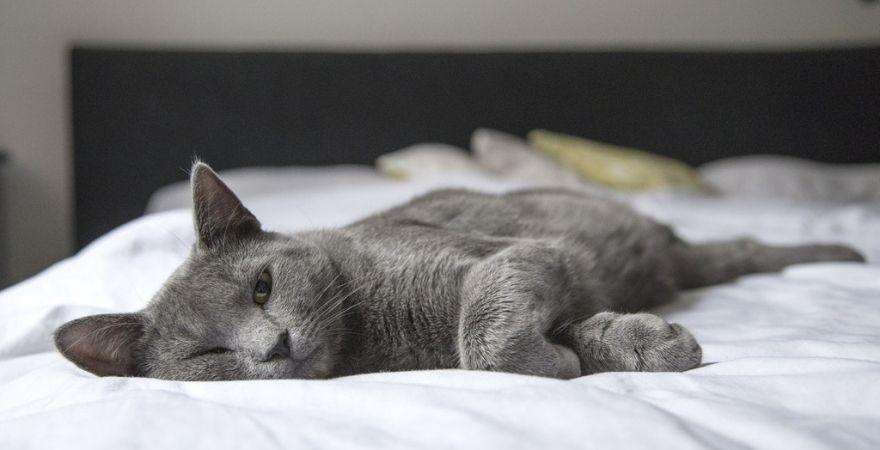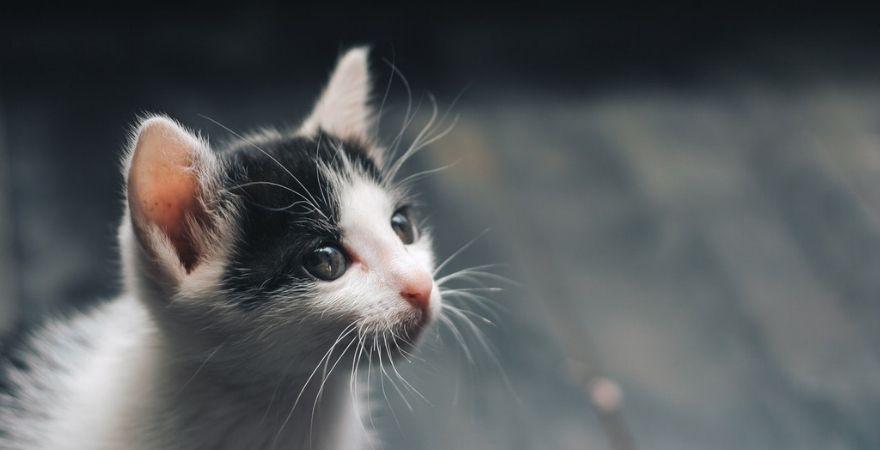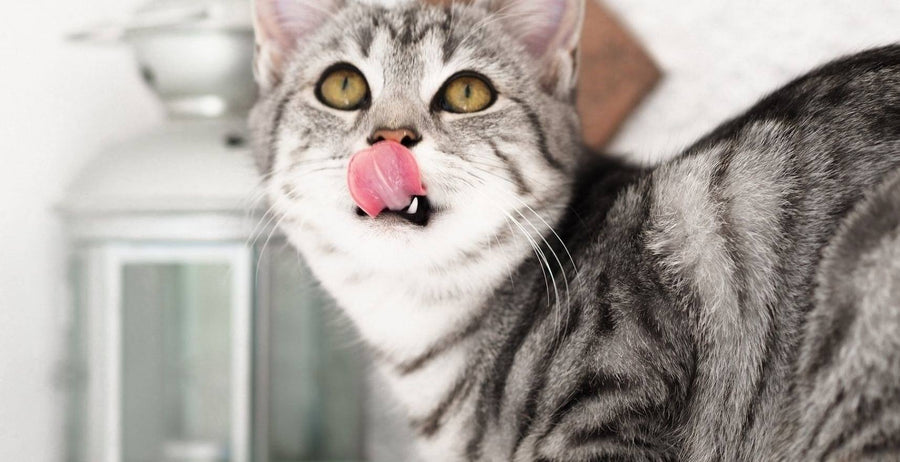Last week we took a look at the different signs that kitty might have vision problems, and now we’re focusing on what those vision problems are, and how they affect kitty’s sight.
Quick Recap
Cats have specially built eyes to help them hyper-focus on objects, and see in low light, perfect for getting into things you’ve told them not to. However, these eye-seeing superpowers are sensitive, and even a tiny scratch on their cornea can lead to permanent eye damage if not caught in time. If you find kitty blinking a little too often, or see their third eye, make an appointment with your vet ASAP. Need more details? We left last week’s article here for a read-through.
Most eye problems in cats are progressive, and happen more frequently in their senior years. Early detection and treatment is the most effective way to go, unless the disease has gotten to the point where losing vision is inevitable—always keep an eye on kitty if they seem to have problems seeing and have your vet take a look as soon as possible, all puns intended!
Glaucoma
Similar to glaucoma in humans, feline glaucoma is a condition where a fluid called aqueous humor doesn’t drain properly from the front of the eye, just behind the lens. As the liquid builds up so does the pressure on the optic nerve, which goes from the eye to the brain. As a result from the nerve damage, the eye can’t function normally and without treatment leads to partial or full blindness.
The signs of glaucoma are very subtle and kitty can get on with their daily activities without you noticing something’s up, but if one or both of kitty’s eyes start looking cloudy, schedule an appointment with your vet immediately.
Cataracts
Cataracts affect the lens in the eye, the part that changes shape to focus incoming light rays on the retina. Cataracts are a condition where the lens becomes cloudy or opaque, preventing any light from getting to the retina. Sometimes the cataract can affect a tiny part of the lens which makes the vision loss no big deal, in the most severe case kitty can be left completely blind in either one or both eyes. If kitty keeps bumping into furniture they’re used to, or has problems making their way to the litter box, it's a good idea to schedule a vision checkup.

Photo by Stuart Heath via Flickr.
Conjunctivitis (Pink Eye)
The most common of the feline eye disease bunch, conjunctivitis is an inflammation of the conjunctiva, the part that lines the inner surface of kitty’s eyelids and the outer surface of the eyeball. Among other things, the conjunctiva does keep out some bacteria that cause eye infections, but if something in the environment does get in the eye the swelling is an autoimmune response.
Puffy, red, and leaky eye(s) are the major signs that kitty has pink eye, as well as a swollen third eyelid that you can see. Frequent squinting or blinking can also indicate signs of pink eye. Treatment-wise, conjunctivitis will take care of itself without any meds, but still take kitty to the vet so they can rule out more serious eye infections.
Corneal Ulcers
The cornea has two jobs: protect the eye from dust and germs, and focus the light coming into the eye, which helps with seeing accurately. In order for the cornea to keep doing its two jobs, it can’t have any cloudy areas that prevent light from getting into the inner part of kitty’s eye. Despite being the stronger part of the eye, the cornea is sensitive which makes it vulnerable to a lot of disorders.
Corneal ulcers are scratches on the cornea that don’t heal completely, the cells can’t regenerate fast enough to heal from injuries. In the worst case those injuries can result in blindness or losing the eye altogether. Major things like fighting, or the tiniest abrasion from an ingrown eyelash can cause corneal ulcers, but the most frequent cause is a repeating infection from the feline herpes virus (FHV).
Clinical signs include swollen tissue around the cornea, discharge leaking from the eye, cloudiness in the cornea, and a hypersensitivity to bright light. This eye condition is tricky to diagnose since ulcers can heal themselves in a few days to a week — without kitty missing a beat or you really noticing anything.
If kitty is prone to getting eyeball scratches for whatever reason, look out for swelling in the tissue that surrounds the cornea, discharge coming from the eye,
a clouding cornea, and a hypersensitivity to light.

Photo by Steffan Tell via Flickr.
One More Thing
It does seem like catching these eye conditions early enough is tough, especially if they sometimes take care of themselves, or get into the advanced stages before the pet parent sees any signs to take action. Our best advice? Regular check-ups with a vet who can make a thorough record of kitty’s medical history. If kitty also happens to suffer from FHV, try the Scruffy Paws L-Lysine Immune Boosting Bites. L-Lysine is an amino acid that prevents virus cells from replicating, which gives a scratched cornea time to heal.
Most importantly, try to be gentle on yourself if you hadn’t noticed anything sooner! Cats tend to hide what they’re going through — the fact you can see through their brave face is exactly why they’re with you.

Photo by Iezalel Williams via Flickr.

Stephanie Pollard
Writer. Pet Enthusiast. Ambivert.




2 comments
I’d also caution to get a quick checkup if it appears that there has been bleeding into the eye — red or brown spots in the colored part of the eye (iris). It can be an early sign of hypertension or of cancer. When I took one of my beautiful rescue boys to the vet 2 years ago because he had some blood spots in one eye, my vet didn’t want to test blood pressure or do any other diagnostics, but insisted we go to a ophthalmologist. While we waited for the appointment, Elvis got sicker. It turned out he had lymphoma. Extensive chemo and related treatments were unsuccessful, and we lost our precious friend.
This was a very informative and helpful article! Thank you!